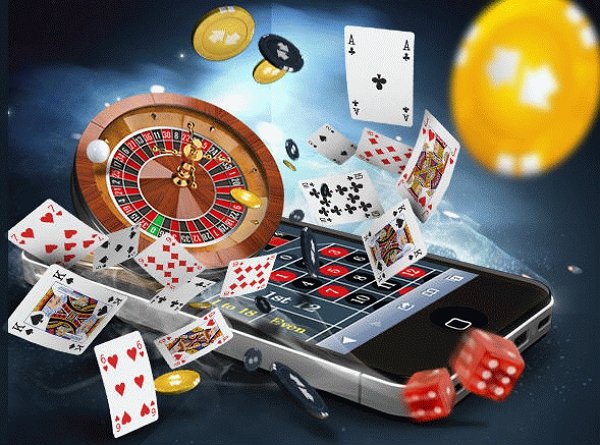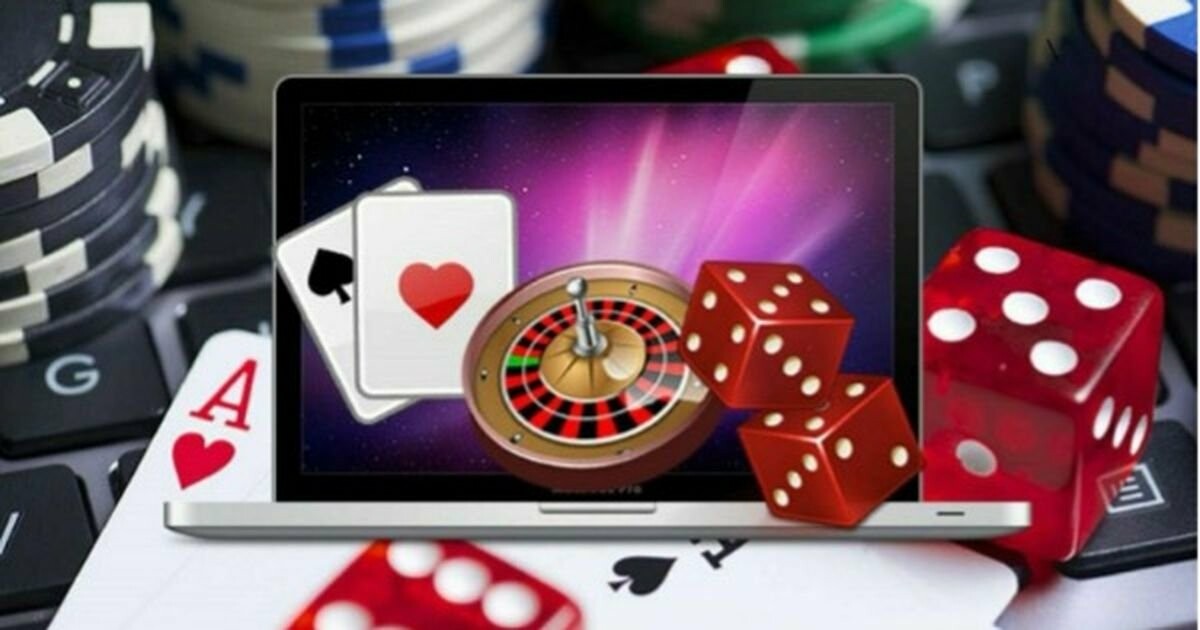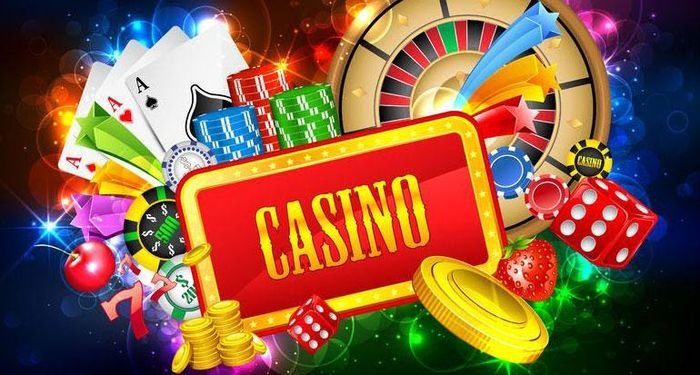
The Rise and Fall of Flappy Bird: A Phenomenon in Mobile Gaming
Flappy Bird took the mobile gaming world by storm in early 2014. Created by Vietnamese developer Dong Nguyen, this seemingly simple game became a pop culture phenomenon that captivated millions of players worldwide. The objective was straightforward: users had to tap the screen to keep a small, pixelated bird in the air while navigating through a series of green pipes. This challenging mechanic became its defining feature, driving both addiction and frustration among players. You can try to play it Flappy Bird https://flappybirdunblocked.us/.
The Development of Flappy Bird
Flappy Bird was launched in May 2013, but it gained immense popularity in early 2014. The game’s development was influenced by several retro games, including Mario and other classic platformers. Nguyen aimed to create a game that was easy to pick up but difficult to master, and he succeeded beyond his expectations. The game’s simplistic graphics and straightforward mechanics appealed to a wide audience, from casual gamers to hardcore enthusiasts.

Game Mechanics
At its core, Flappy Bird relies on simple tap controls. Players tap their device’s screen to make the bird flap its wings and ascend. Gravity pulls the bird down, making timing crucial as players navigate their way between the pipes. Each successful pass through the pipes awards the player with a point. However, a single mistake results in a game over, prompting players to restart and attempt to beat their previous score. This cycle of instant gratification and immediate failure contributed to the game’s addictive nature.
The Cultural Impact
Flappy Bird’s sudden rise to fame was phenomenal. It quickly topped the charts on both the App Store and Google Play Store, accumulating millions of downloads. Social media platforms buzzed with players sharing their high scores, creating a sense of community around the game. The hashtag #FlappyBird became a trend on Twitter and Instagram, leading to memes, challenges, and discussions about the game’s difficulty and simplicity.
Moreover, Flappy Bird’s design and gameplay style revived interest in retro gaming aesthetics. The pixelated graphics and straightforward layout resonated with players who appreciated nostalgia and straightforward gameplay. This, combined with its immense popularity, allowed Flappy Bird to carve out a unique niche in the mobile gaming market.
Controversy and Removal

Despite its success, Flappy Bird was not without its controversies. Many players reported feelings of frustration and rage, as the game was notoriously difficult. This led to heated discussions about gaming addiction and the psychological effects of mobile gaming. Nguyen himself expressed discomfort with the game’s popularity, stating that it had become overwhelming. In February 2014, just days after it reached the peak of its popularity, he decided to remove Flappy Bird from both app stores, citing the game’s addictive nature as a reason.
The sudden removal shocked the gaming community. Players who had not yet downloaded the game scrambled to find alternative means of accessing it, while some authors posted hacks or clones in the wake of its absence. The brief window of availability made Flappy Bird a highly sought-after application, even leading to instances where devices with the game installed were sold at inflated prices on platforms like eBay.
Legacy of Flappy Bird
The legacy of Flappy Bird is undeniable. While it may have been removed from app stores, it set a precedent for what mobile games could achieve in terms of virality and community engagement. Game developers have since drawn inspiration from its formula for success — simple mechanics paired with challenging gameplay. The term “Flappy Bird clone” became common, with numerous titles attempting to replicate its success in various degrees of skill and amusement.
Additionally, Flappy Bird influenced the design of other mobile games. Many developers sought to create games that tapped into the same mechanics of instant playability and addictive challenges, resulting in a wave of similar games in the market. This phenomenon helped shape the mobile gaming landscape, leading to an increase in simplistic game design that relied heavily on replayability and social sharing.
Final Thoughts
In conclusion, Flappy Bird is more than just a game; it is a cultural touchstone that highlights the complexities of modern gaming. From its rise to unexpected fall, the game’s impact on the industry and gaming community is profound. The lessons learned from Flappy Bird continue to resonate in game design today, reminding developers of the balance between challenge and accessibility. Its story serves as an example of how a single, simple idea can capture the attention of millions and change the face of mobile gaming forever.
